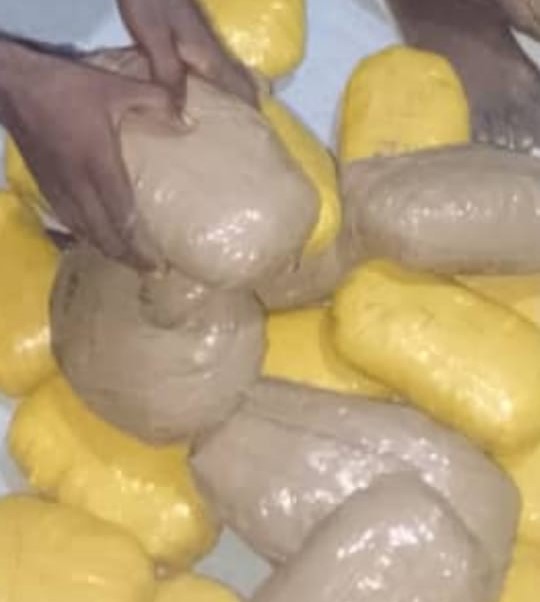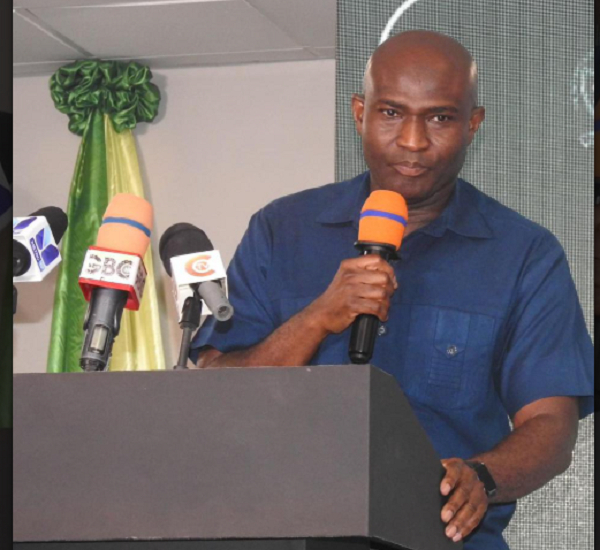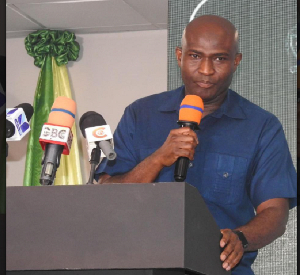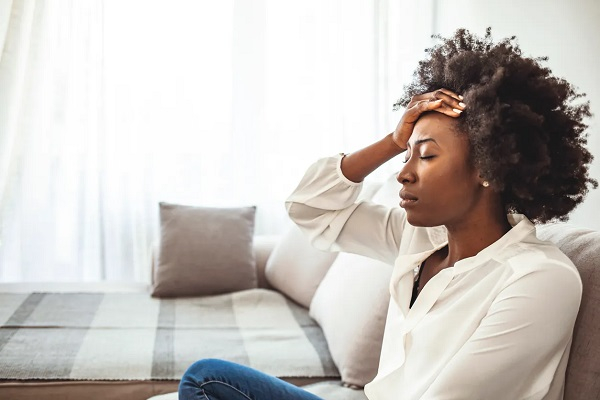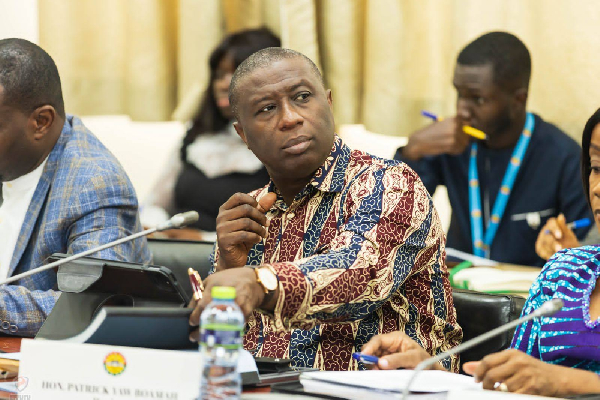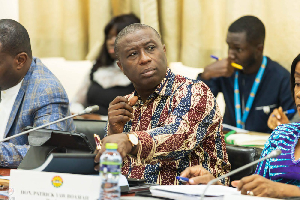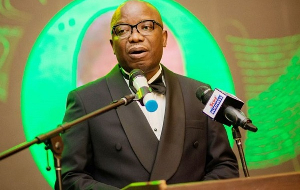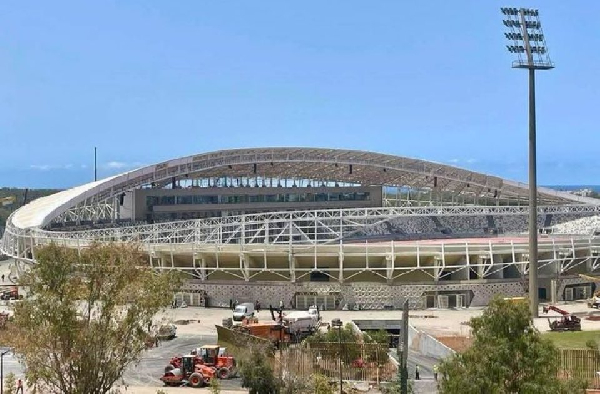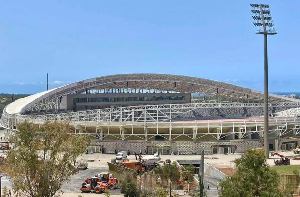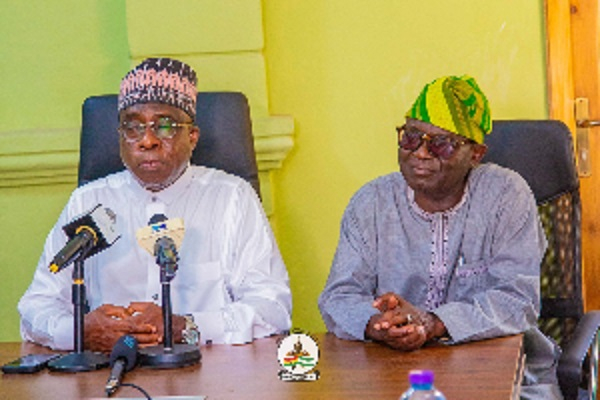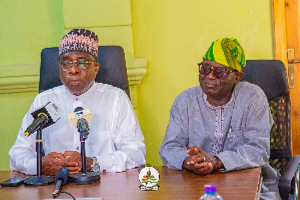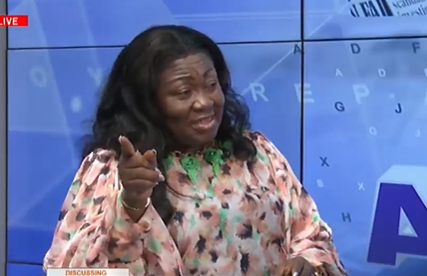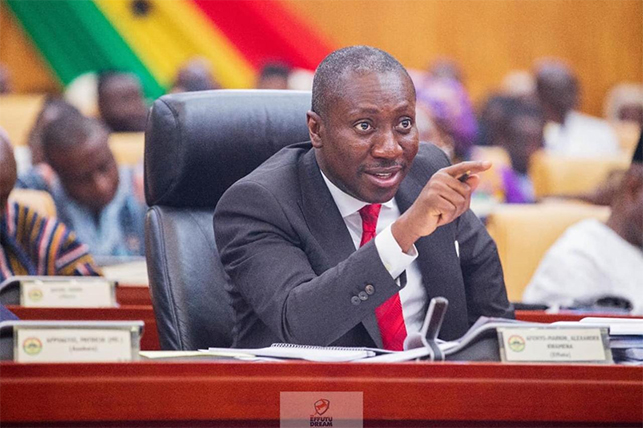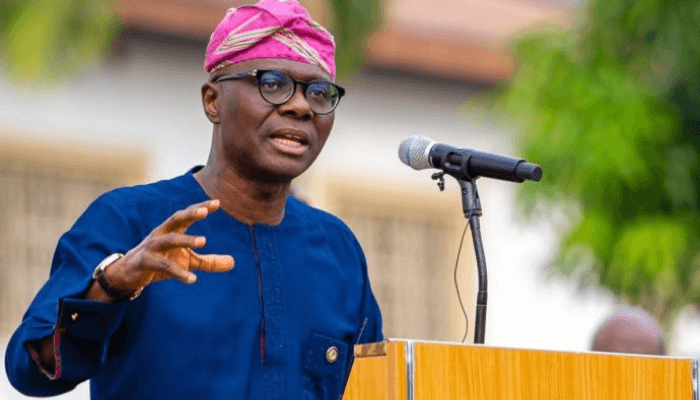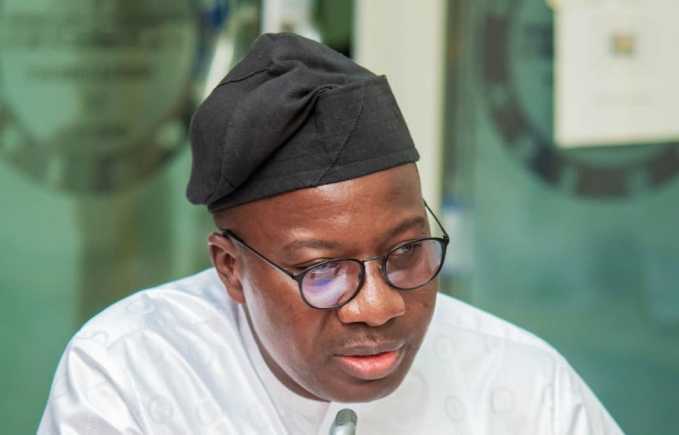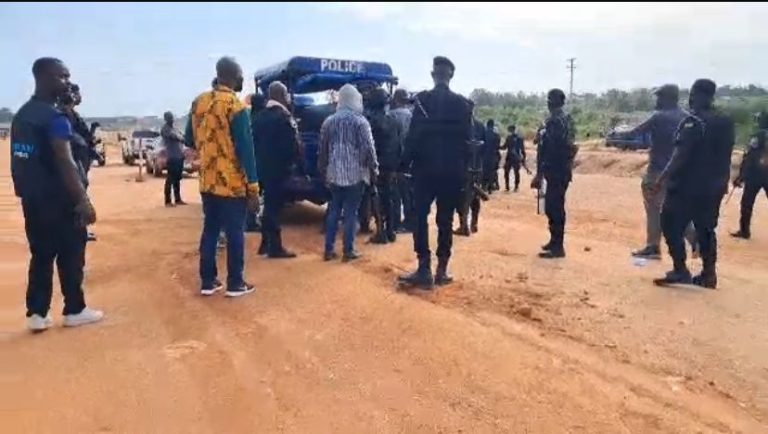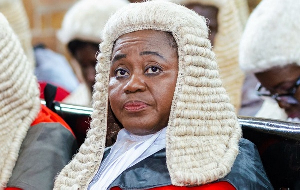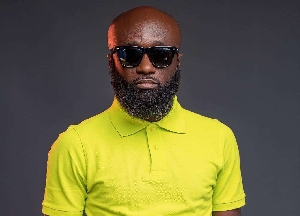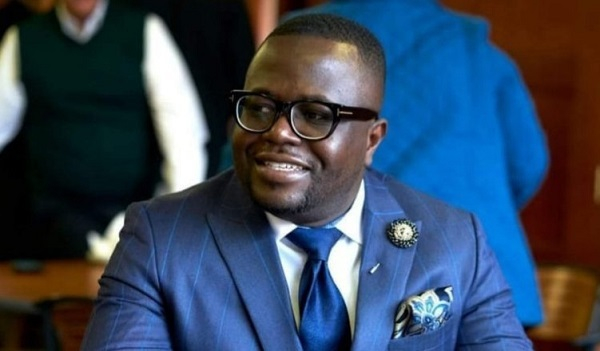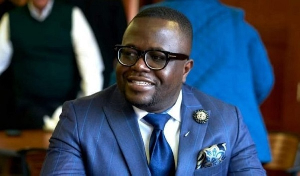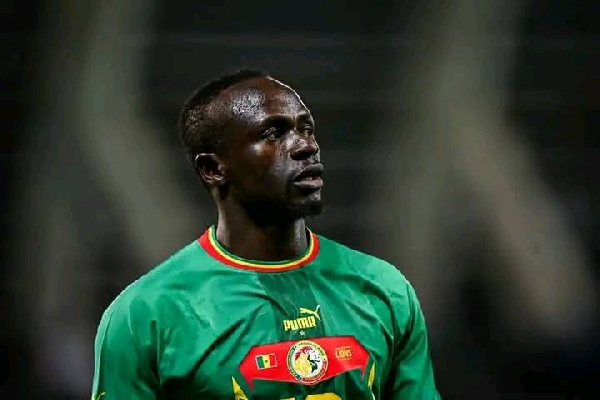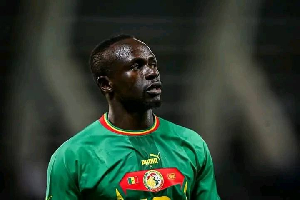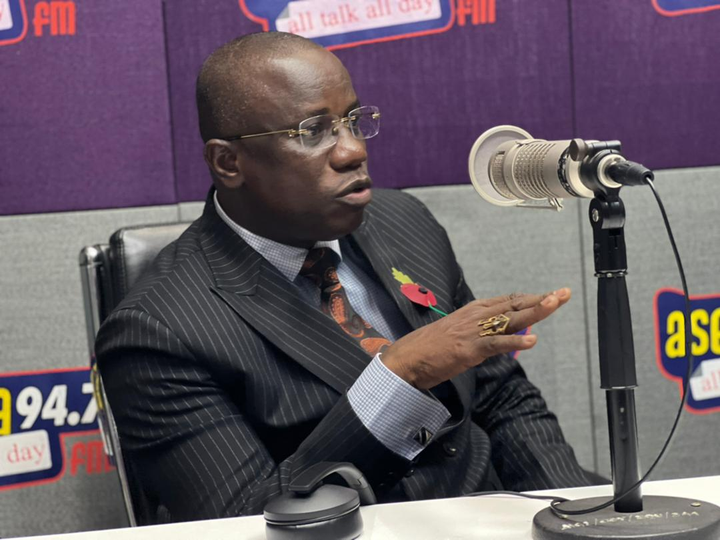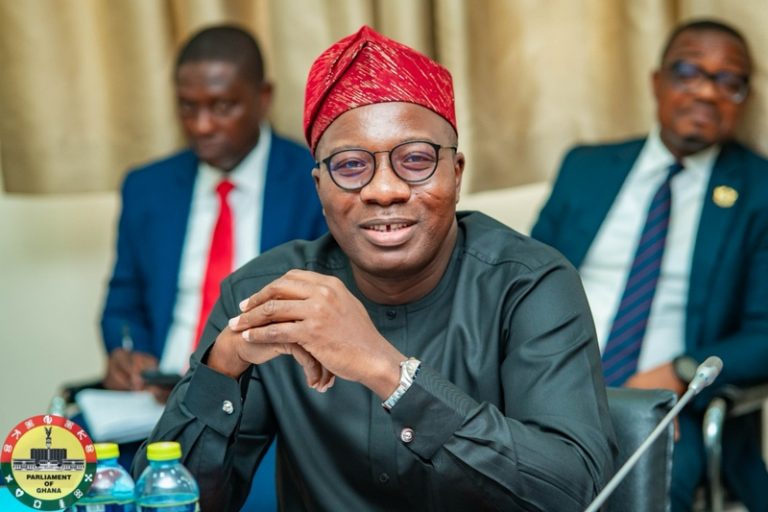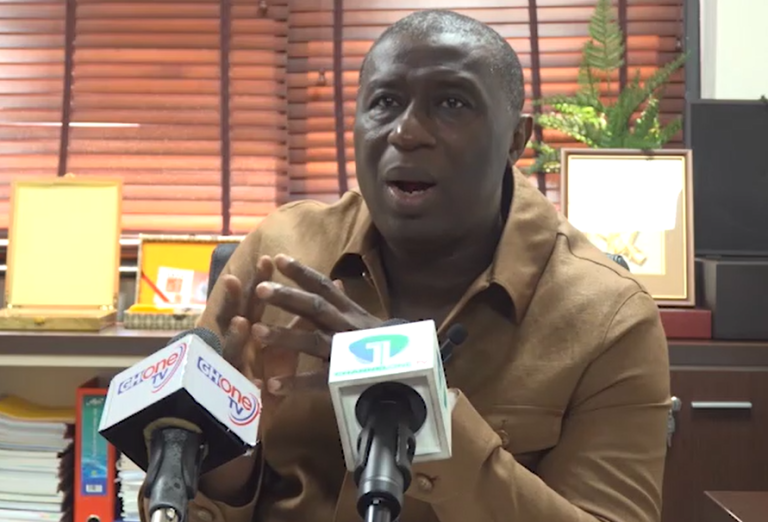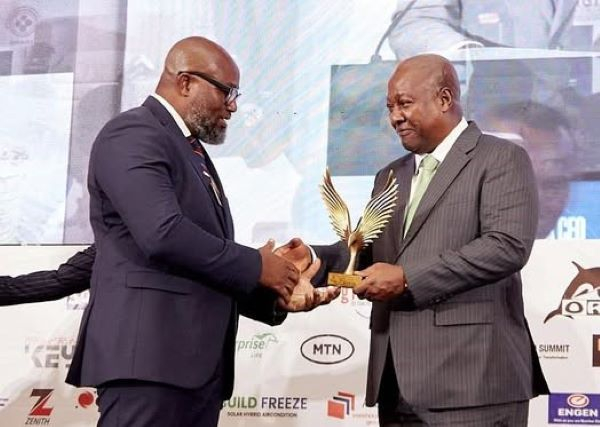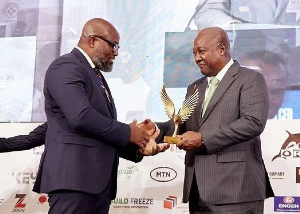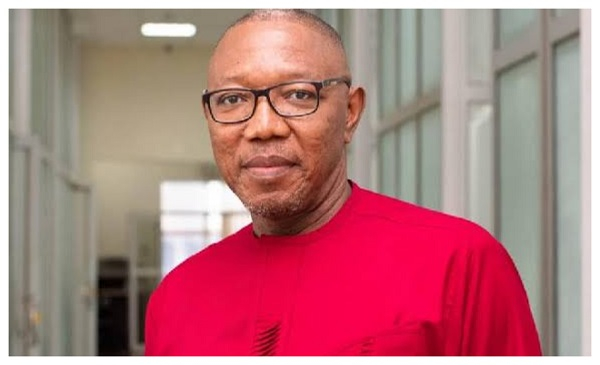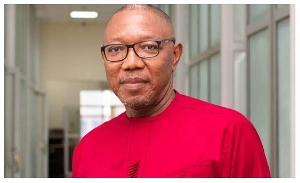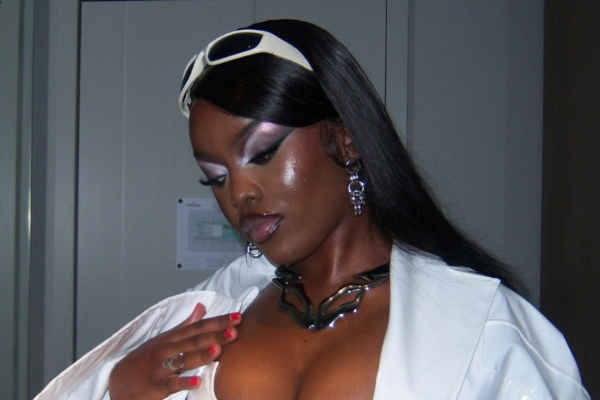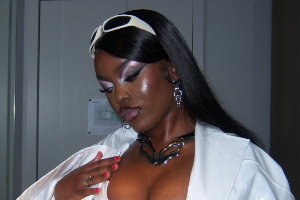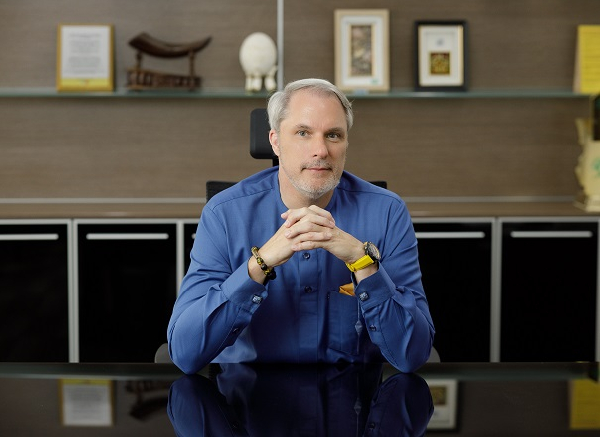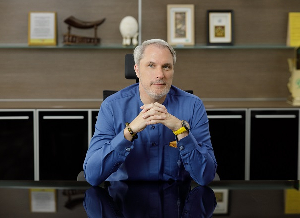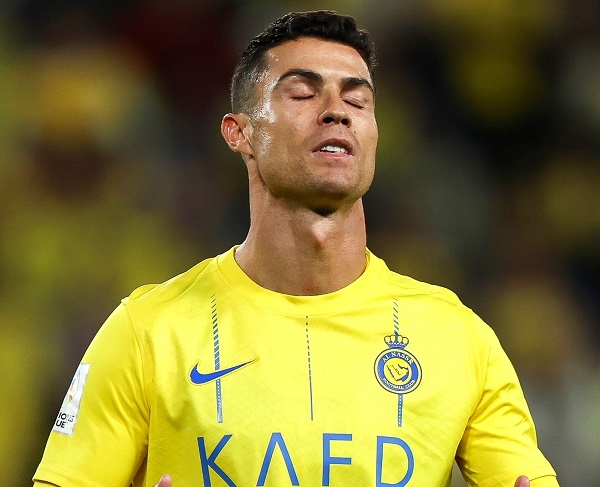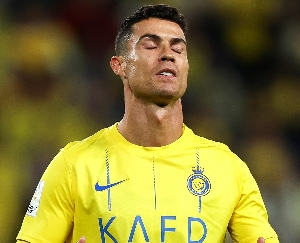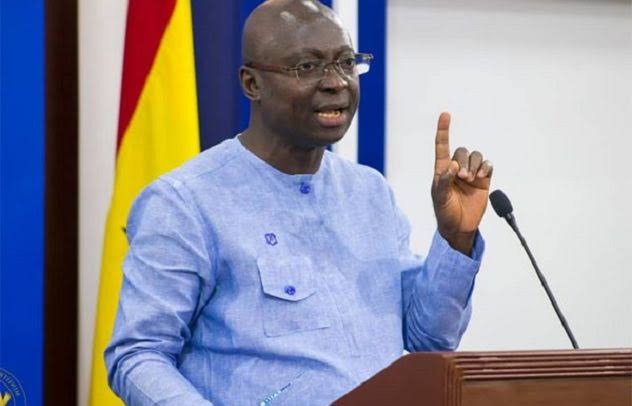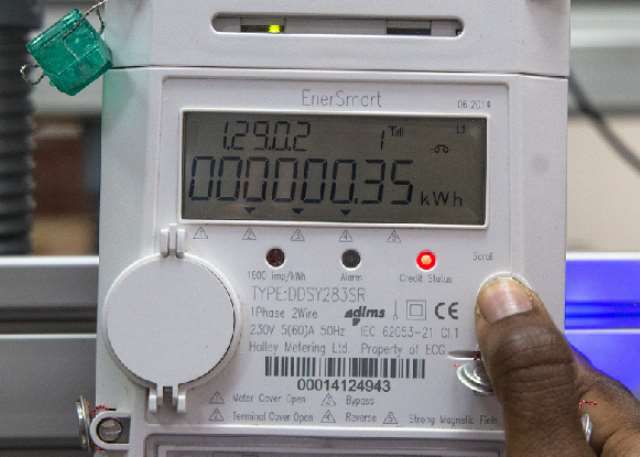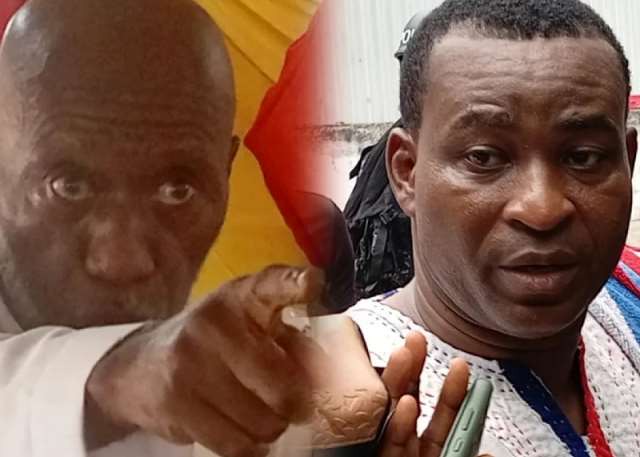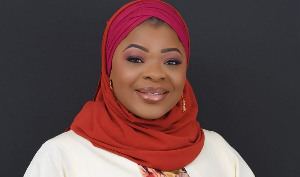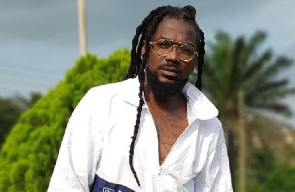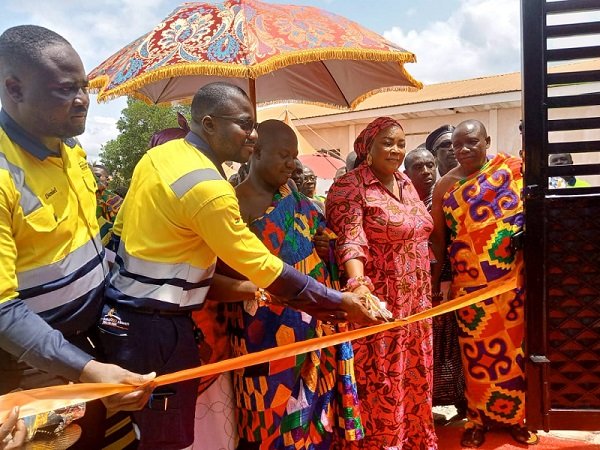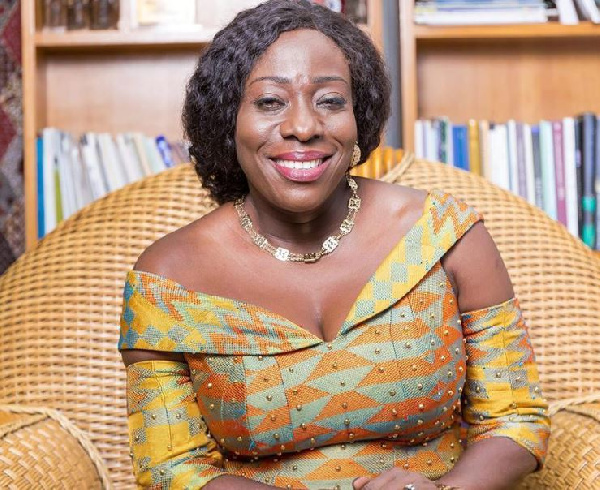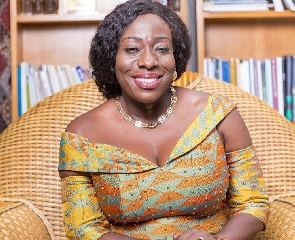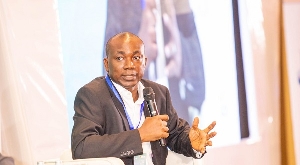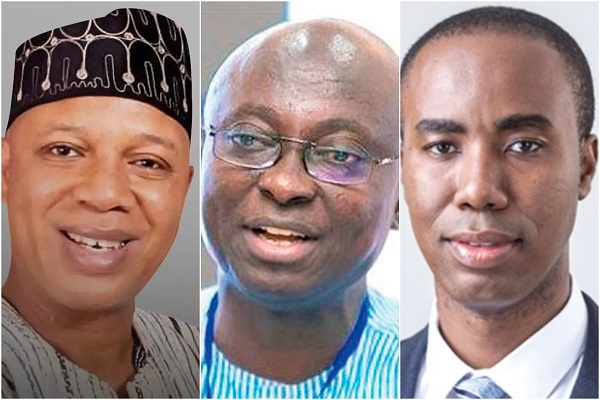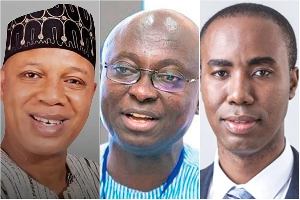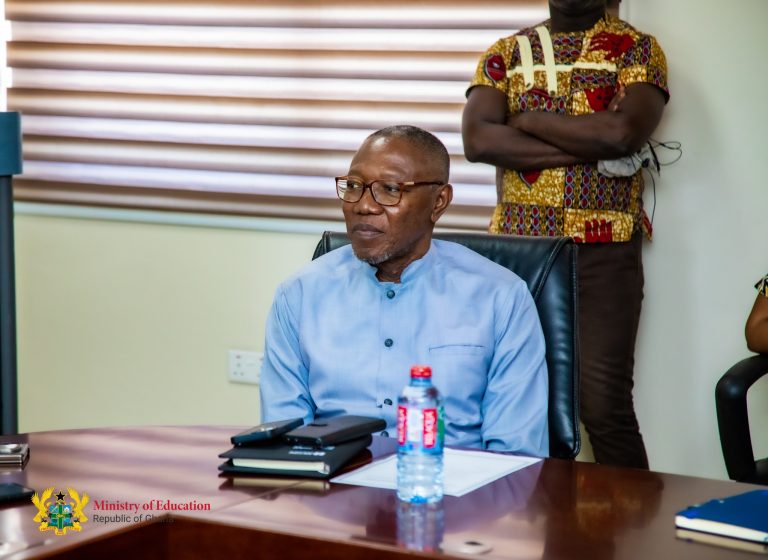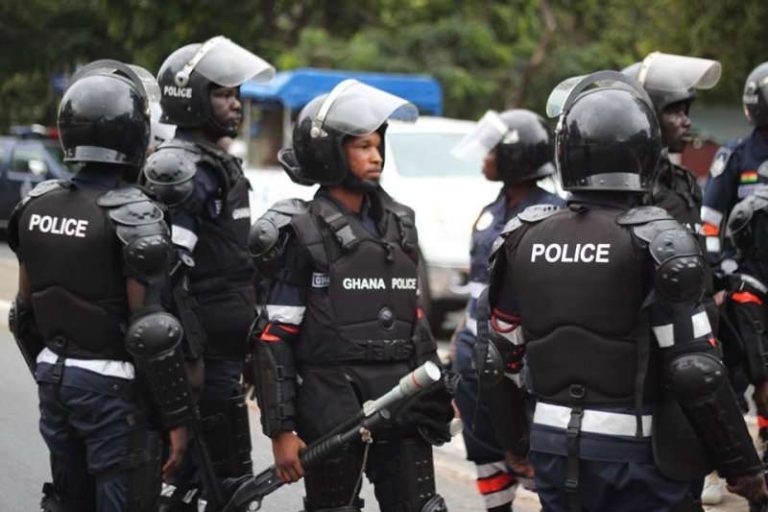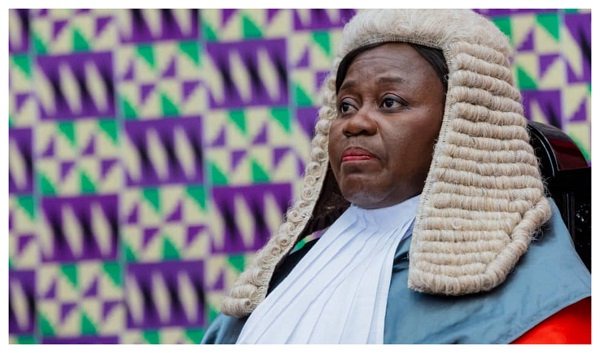The Majority Leader and Minister for Parliamentary Affairs, Mahama Ayariga, has hinted at an impending move by the government to introduce new constitutional guidelines for the removal of Justices of the Superior Courts, including the Chief Justice.
Speaking in Parliament on Tuesday, May 27, during the official opening of the Second Meeting of the First Session of the Ninth Parliament of the Fourth Republic, Mr Ayariga stated that the government intends to lay down clearer and stronger procedural rules to govern how judges of the High Court, Court of Appeal, and Supreme Court may be removed from office.
While he stopped short of disclosing the specific provisions or legal framework under consideration, Ayariga acknowledged that any such change would necessarily involve the amendment of entrenched provisions of the 1992 Constitution—a process that requires both parliamentary approval and a national referendum.
“The Attorney General will also introduce several subsidiary legislation, including the Corporate Insolvency and Restructuring Regulations, Court of Appeal Rules, Economic and Organised Crime Office (Operations) Regulations, Economic and Organised Crime Office (Terms and Conditions of Service) Regulations, High Court (Civil Procedure) (Amendment) Rules, Interpretation Regulations, Judicial Service (Terms and Conditions of Service) Regulations, Legal Aid Commission Regulations, Supreme Court Rules and, very significantly, Removal from Office of Justices of the Supreme Court Rules.
“President John Dramani Mahama is determined to fast-track legislative reforms to strengthen our institutions of governance and further entrench our democracy.
“The president is committed to legislative clarity with transparency when it comes to the constitutional mechanics of the removal of justices of the superior courts,” he said.
While stressing on the centrality of the independence of the judiciary to the survival of Ghana’s democracy, he pointed to the need for accountability too.
Ongoing petitions against Chief Justice
The Majority Leader’s comments come at a time when the judiciary is under heightened public and legal scrutiny, with an ongoing legal process seeking the removal of Chief Justice Gertrude Araba Esaaba Torkornoo.
Three petitions, currently being examined by a presidential committee constituted by President John Mahama, alleges administrative misconduct and questions aspects of the Chief Justice’s decisions on judicial appointments and case allocations.
Legal experts and civil society organisations have expressed concern about the politically charged nature discussions on the current removal process under Article 146 of the Constitution.
Some critics argue that the process lacks transparency and is susceptible to abuse by partisan actors.
In response, some constitutional scholars have advocated for reforms to provide clearer timelines, limits on political interference, and stronger safeguards for both judicial independence and public accountability.
Any changes to the removal process would require a constitutional amendment, as the tenure and removal of Superior Court Justices are governed by entrenched clauses in Ghana’s 1992 Constitution.
Under the constitution, such provisions may only be altered through a national referendum, following broad public consultations and the endorsement of two-thirds of MPs.
Meanwhile, several civil society organisations, including the Ghana Centre for Democratic Development (CDD-Ghana), have called on the government to ensure that any reform process is participatory, transparent, and in line with international standards on judicial independence.
DISCLAIMER: The Views, Comments, Opinions, Contributions and Statements made by Readers and Contributors on this platform do not necessarily represent the views or policy of Multimedia Group Limited.
DISCLAIMER: The Views, Comments, Opinions, Contributions and Statements made by Readers and Contributors on this platform do not necessarily represent the views or policy of Multimedia Group Limited.
 The situation led to a confrontation between the coordinators of the demolition and the Chinese owners of the machinery, who were worried about potential damage to their equipment and insufficient fuel supplies.
The situation led to a confrontation between the coordinators of the demolition and the Chinese owners of the machinery, who were worried about potential damage to their equipment and insufficient fuel supplies.

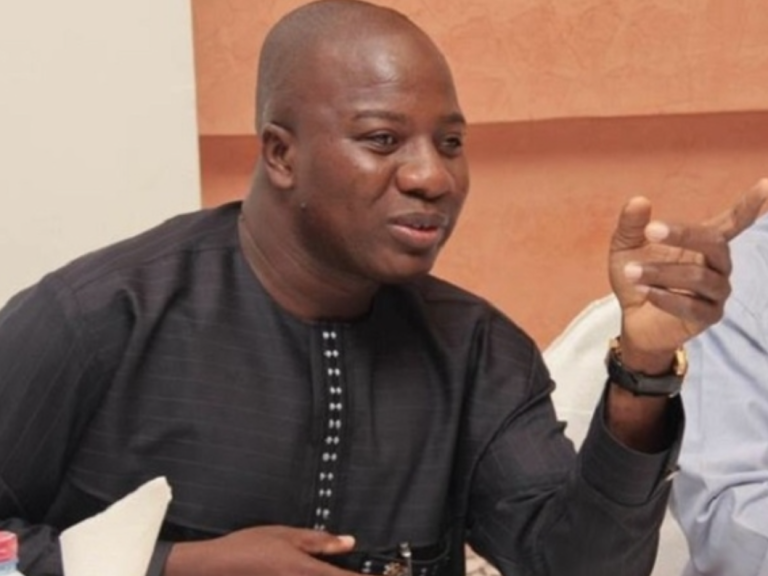
![[Video] Linda Ocloo leads demolition of structures on waterways [Video] Linda Ocloo leads demolition of structures on waterways](https://www.ghanamma.com/wp-content/uploads/2025/05/Demolition-at-Ramsar-site.jpg)

